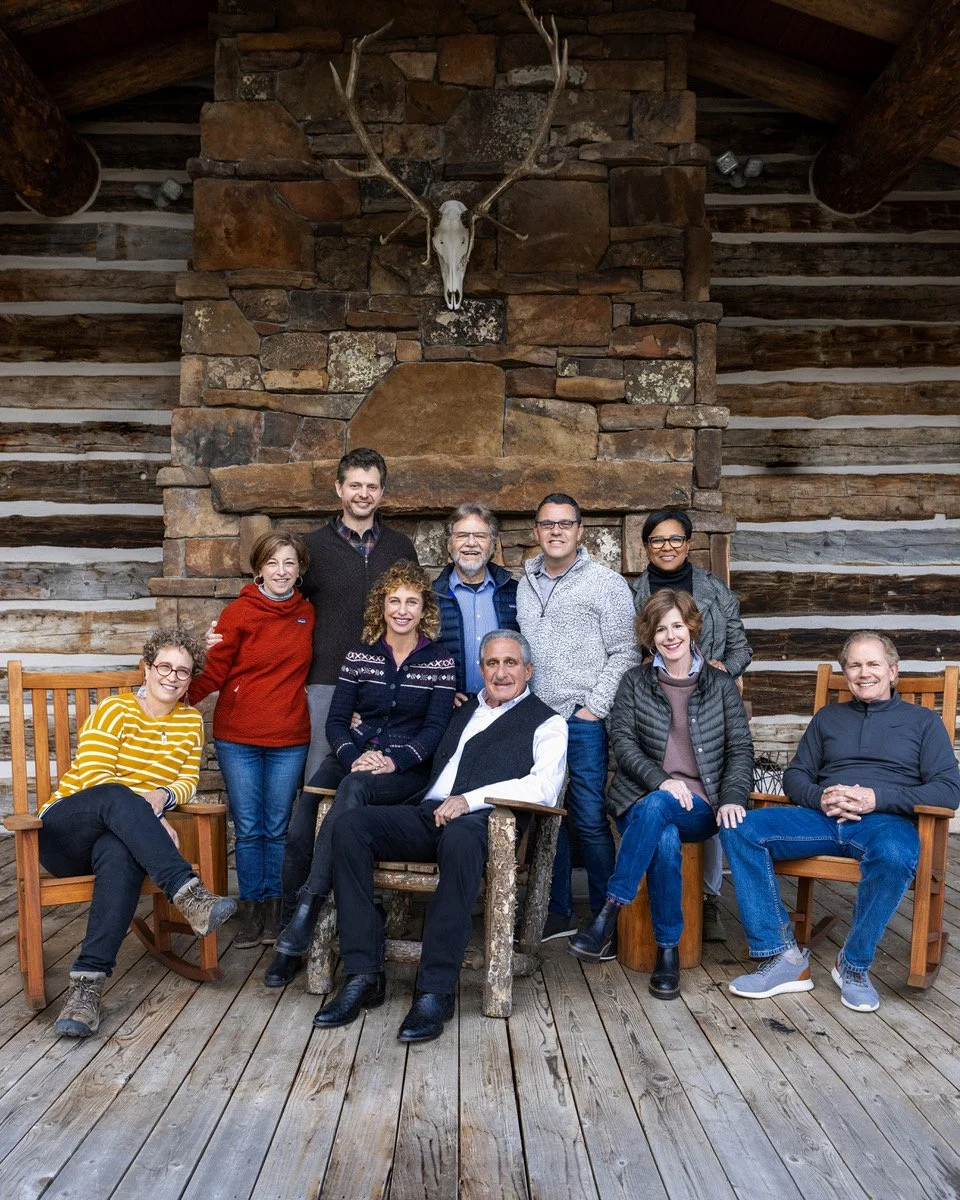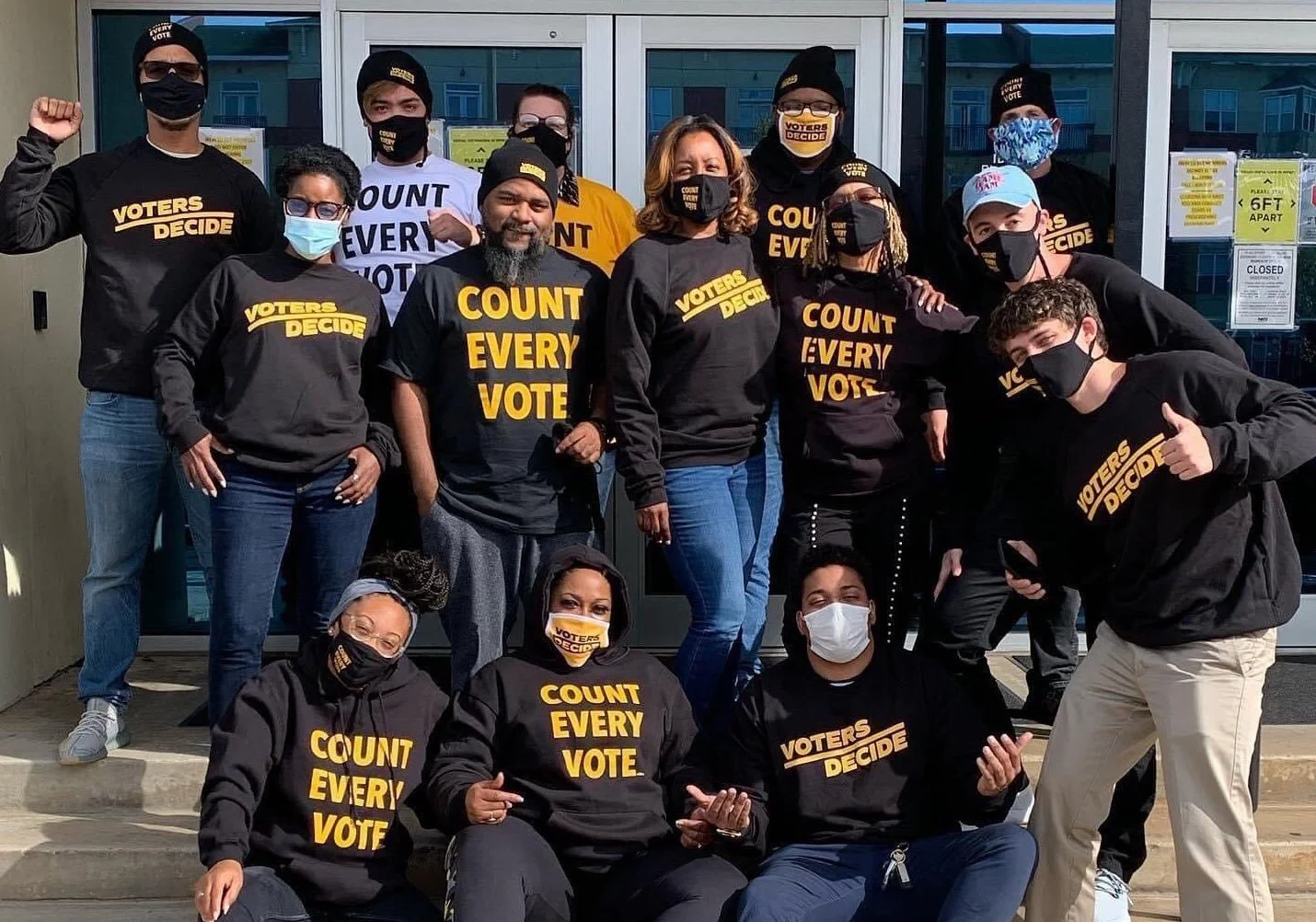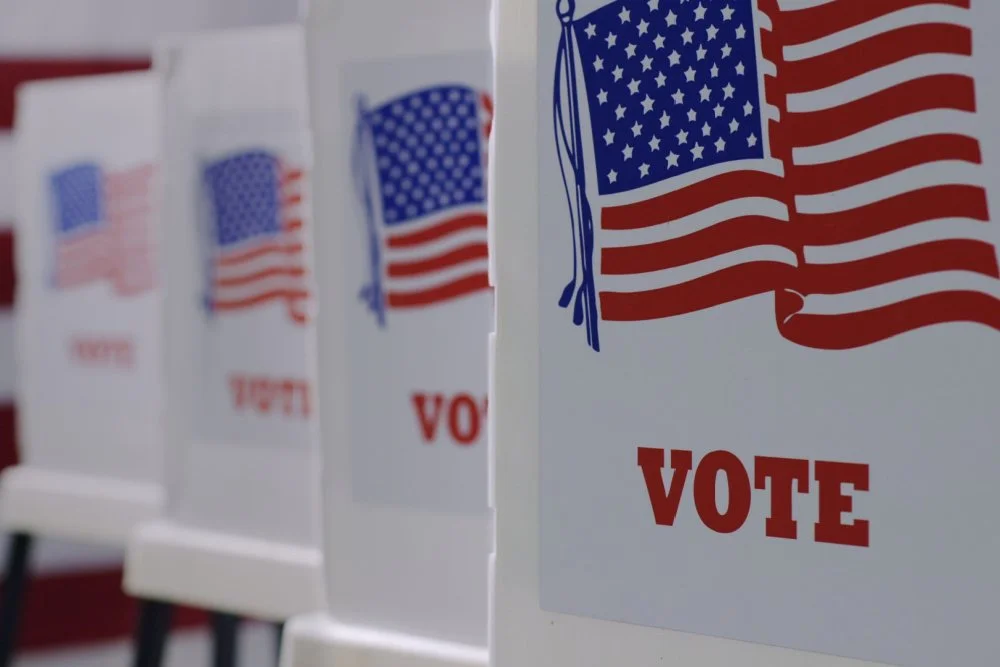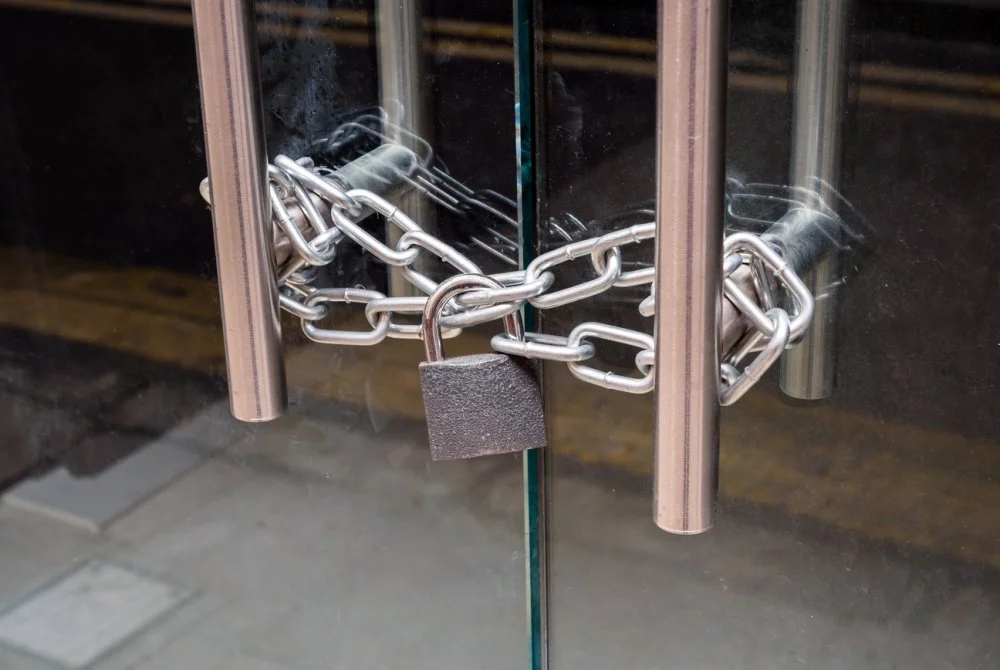As State Governments Stifle Local Democracy, Funders and Nonprofits Are Fighting Back
/Texas state capitol building. Casey Kelley/Flicker (CC BY-NC 2.0)
In recent years, democracy reformers across the U.S. have been pushing back against state-level practices that undermine the ability of ordinary Americans to make their voices heard and ensure that government is responsive to their needs. But while battles over partisan gerrymandering and voter suppression have received wide attention, there's also a growing effort to counter another threat to democratic values: state preemption. This is a practice in which state legislatures limit local authority, blocking the ability of cities, counties and towns to enact laws and make decisions that reflect the views and priorities of their residents. Fighting the widespread abuse of state preemption is an important way for foundations and major donors to build the civic power to defend democracy, while still operating within the realm of 501(c)(3) advocacy.
Weaponizing a Legal Concept
To be clear, preemption is an inherently benign legal doctrine that says one government can overrule a lower-level government’s authority. But the last decade has seen a dramatic surge in the scale and scope of state preemption bills—affecting issues as varied as environmental protections, firearms regulations, labor and employment standards, civil rights, public health, and more—that are designed to stifle local democracy. The proliferation of such laws reflects a hyper-partisan political climate in which Republicans control the majority of states, but Democrats control most cities; anti-regulatory interests exert an unprecedented sway over state politics; and federal gridlock has pushed governing and lobbying power to the state and local levels, among other factors.
While both Democrats and Republicans use preemption to achieve political objectives, as a general rule, the biggest losers in the recent spike in preemption have been urban, racially and ethnically diverse localities with progressive agendas (i.e., minimum wage hikes, fracking and soda tax bans, gun regulations, and nondiscrimination ordinances like the North Carolina “bathroom bill”).
Industry lobbyists have been arguing for decades that state preemption prevents a confusing or hazardous patchwork of local regulations. In reality, the aggressive, reactive form of preemption we see today—what legal scholar Richard Briffault calls the “new preemption”—is often counterproductive to economic progress, and frequently harmful to already vulnerable communities. Indeed, much of the preemption activity of the last decade has been aimed at restricting local regulations or creating outright regulatory vacuums to benefit corporate interests while leaving communities worse off. States with more “new preemption” laws exhibit worse health outcomes, including evidence of lower life expectancy. These laws also exacerbate economic, gender and racial inequities. For instance, Louisiana was the first state to preempt local minimum wage ordinances, and today holds the distinction of having the biggest gender pay gap.
Despite the immense legal and political obstacles to fighting back against preemption, many of these battles are winnable with philanthropic support. In fact, preemption is a case of philanthropy responding quickly to grantees’ challenges on the ground in a proactive and strategic way.
Funders and Nonprofits Fight Back
Starting in 2011, a growing network of public charities and private foundations started investing in local and state action to counter this abuse. That was the year that Wisconsin Governor Scott Walker signed a bill striking down Milwaukee’s paid sick time referendum, which had been approved by almost 70 percent of voters in 2008. In 2013, Florida enacted a preemption bill that denied Orlando voters the opportunity to weigh in on another paid sick days ballot measure. Previously, funders in the paid sick time space had believed in a bottom-up theory of change: If their grantees could pass paid sick time in enough cities, this would build support for statewide legislation—and in the meantime, protect a majority of Americans living in cities. But when Wisconsin lawmakers defied the will of Milwaukee’s voters, and state legislators in Florida stopped a citizen-led drive to put paid sick days on the ballot, advocates and funders alike began to realize that local democracy was threatened by state legislatures captured by special interests.
Kim Haddow, a communications strategist supporting local paid sick days campaigns, started noticing the pattern across states where she worked as a consultant for the Rockefeller Family Fund: “We would consider investing in municipal paid sick days campaigns, and suddenly, we’d be dealing with preemption, or worried about triggering preemption at the state capitol.”
Then, in 2014, the state of Texas preempted the city of Denton’s ban on fracking. More policy advocates started to notice that preemption was happening across a variety of issues and a variety of states, using a similar playbook. Haddow helped organize a simple, 30-minute “Thursday call” of advocates fighting preemption across multiple states and issues. In retrospect, Thursday call participants were noticing the right-wing capture of state government studied by political scientist Alex Hertel-Fernandez: shared strategies and cut-and-pasted model bills pushed by a “troika” of right-wing conservative organizations, the American Legislative Exchange Council, the State Policy Network, and Americans for Prosperity.
Getting More Strategic
In 2015-2016, funders interested in advancing a wide variety of local policies began investing in statewide polling around preemption, and the Open Society Foundations supported comprehensive legal research to figure out what recourse remained to cities and advocates confronting state interference. The Local Solutions Support Center (LSSC) was founded by a network of funders and policy allies as a hub of learning and coordination around preemption. Early investors in the LSSC included the Rockefeller Family Fund, Robert Wood Johnson Foundation, W.K. Kellogg Foundation, Open Society Foundations, the Kresge Foundation, and Surdna Foundation. Each foundation was drawn in for a different reason, a different policy already preempted or soon to be—but they shared a similar frustration and recognition that preemption was a threat to their respective policy goals, and wasn't going to go away on its own.
By 2016, funders had rolled out a multi-pronged strategy to fight preemption that included investing in grassroots organizing, communications, legal guidance, and policy education. For example, groups funded by the Open Society Foundations, LSSC and other funders helped stop state preemption of paid sick days— which had already been passed in three Texas cities. Key to their success was investing early in organizational capacity and grassroots organizing far in advance of the 2019 Texas legislative session. Early investment allowed grantees like Faith in Texas to train staff and build their leadership base to fight preemption throughout 2018 to prepare for a legislative fight over preemption in 2019. General support allowed Texas-based organizations to fight preemption across issues and levels of government. Long-term investment allowed grassroots organizations to boldly advocate for local ordinances that were likely to trigger preemption, while also building their capacity to defend those ordinances once they came under attack in the state legislature.
These investments would not have made the same impact if they had been short-term and highly restricted, forcing grantees to stay within narrow issue silos.
What Foundations Should be Doing
Here are four ways foundations can help and are already helping to tackle or mitigate the negative consequences of state preemption:
Invest in legal remedies. LSSC funders have already invested in legal research to understand the rights that many localities have to fight preemption and are now looking at how Home Rule can be further strengthened. It is also necessary to fund legal defense for cities that are prohibited from financing their own legal challenges, as in Florida’s preemption of local gun laws.
Invest in education and outreach about preemption to local public officials, county attorneys, state legislators and judges.
Invest in communications. Statewide polling helped local democracy advocates discover that the best way to communicate about preemption was to lay out the consequences for policies and people they cared about, and also make clear that special interests were using preemption to silence their voice.
Invest in grassroots organizing for local democracy. Particularly key is support that is long-term and general enough that local organizations can work across issue silos to fight preemption and build grassroots leadership capacity to power both local and statewide campaigns.
For an in-depth discussion of strategies to fight preemption, see part two of the authors’ report “Punching Down: How States are Suppressing Local Democracy.”
Funders interested in amplifying people’s voices and limiting opportunity for special interests to dilute our democratic processes should care about preemption. By investing intentionally in this fight, philanthropic organizations can make a direct and meaningful impact on people’s lives across the country.
Lydia Bean is a fellow and Maresa Strano is a policy analyst with the Political Reform program at New America, a D.C. think tank.







































